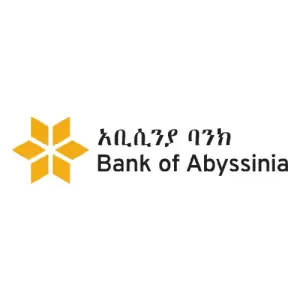Digital payments in Ethiopia are growing rapidly and transforming the financial landscape. As of June 30, 2024, users processed over 9.6 trillion birr through digital channels. This marks a 50% increase compared to the previous year. Ethiopia believes that the increase results from the effective implementation of the National Digital Payment Strategy (NDPS) and reform initiatives by the National Bank of Ethiopia (NBE).
This growth reflects a significant shift in how Ethiopians conduct financial transactions. Over the past five years, the digital payments sector of Ethiopia has experienced growth. This increase demonstrates how digital financial services have become integral to everyday life.
Several factors drive this remarkable growth. The NDPS aims to modernize Ethiopia’s payment systems. It promotes inclusive and enhanced access to financial services for all citizens. This initiative ensures that even those in remote areas can benefit from digital transactions.
The rapid spread of mobile technology also plays a crucial role. With widespread mobile phone usage, transactions have become more convenient and secure. Users can easily bypass traditional banking barriers. Government reforms further support this trend. The Ethiopian government has enacted measures to improve regulatory frameworks and enhance infrastructure for digital payment systems. These efforts encourage businesses to adopt digital solutions and build consumer confidence.
Moreover, digital payments streamline transactions and reduce reliance on cash. This shift can boost the trade. The NBE estimates that Ethiopia’s digital economy could significantly contribute to GDP growth by 2028, creating new jobs and increasing tax revenues for the government. Additionally, digital transactions improve transparency, reducing opportunities for fraud and corruption while enhancing traceability.
Despite these advancements, challenges remain. One major issue is the need for further investment in digital infrastructure to ensure widespread access across urban and rural areas. Promoting financial literacy is also essential. Many potential users may lack the knowledge or skills to utilize these services fully.
Moreover, by June 2024, the number of internet banking users in Ethiopia reached 12.2 million. This growth reflects a strong interest in digital financial services.










More Stories
Drivers Demand Action Amid Fuel Shortages in Ethiopia
New Fuel Price in Ethiopia
Ethiopian Airlines Opens 20,000 Job Positions Across Ethiopia